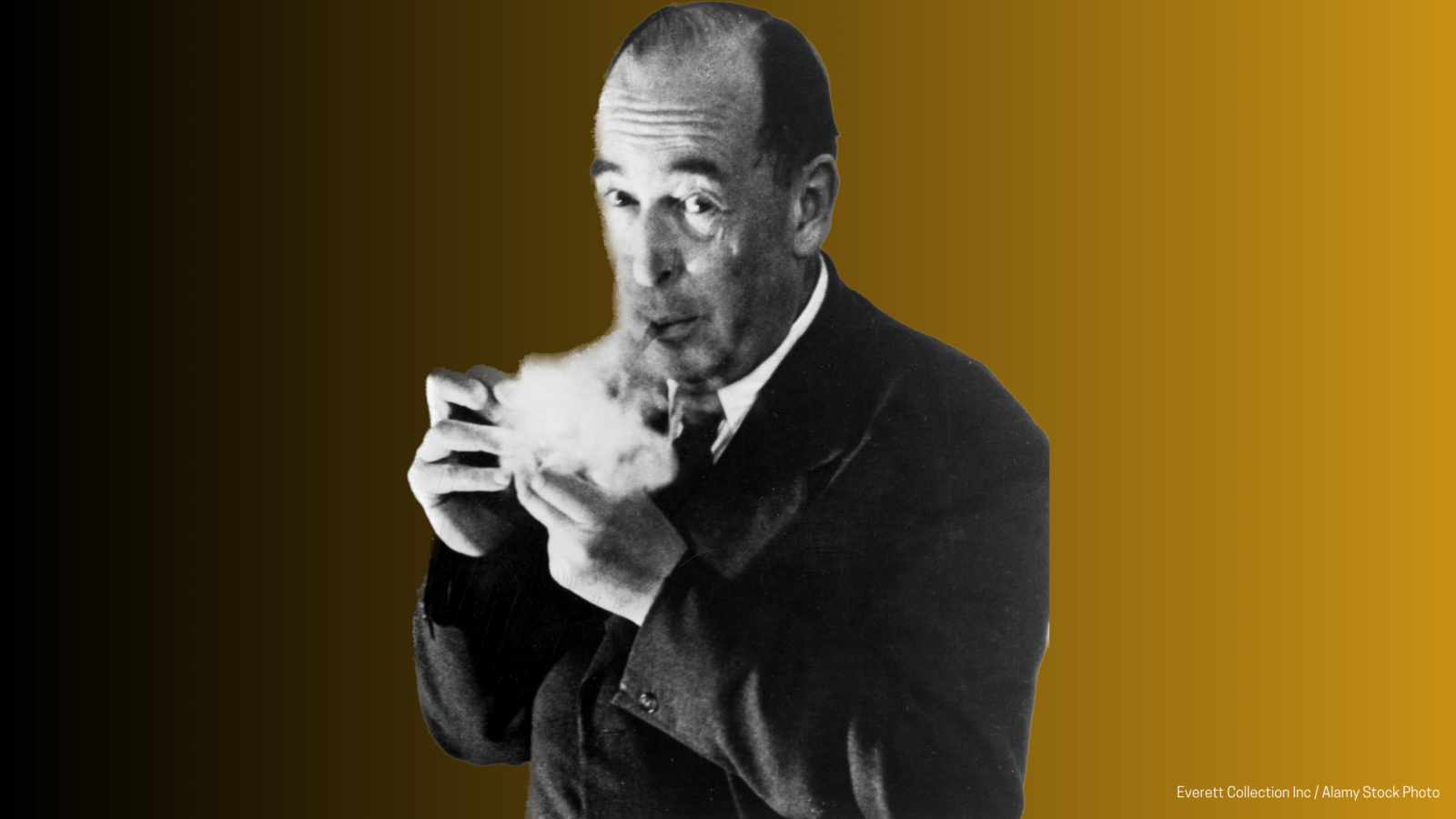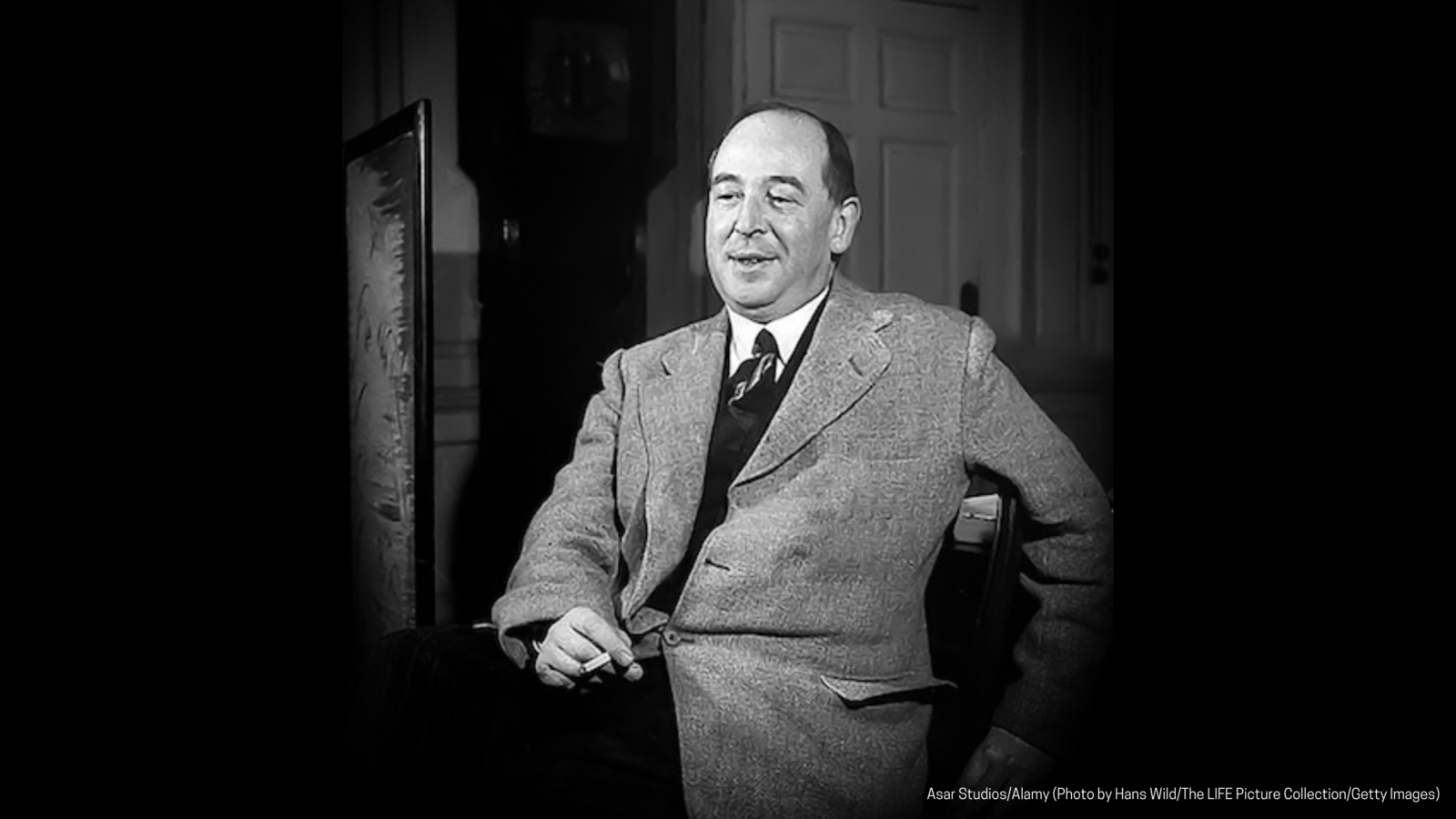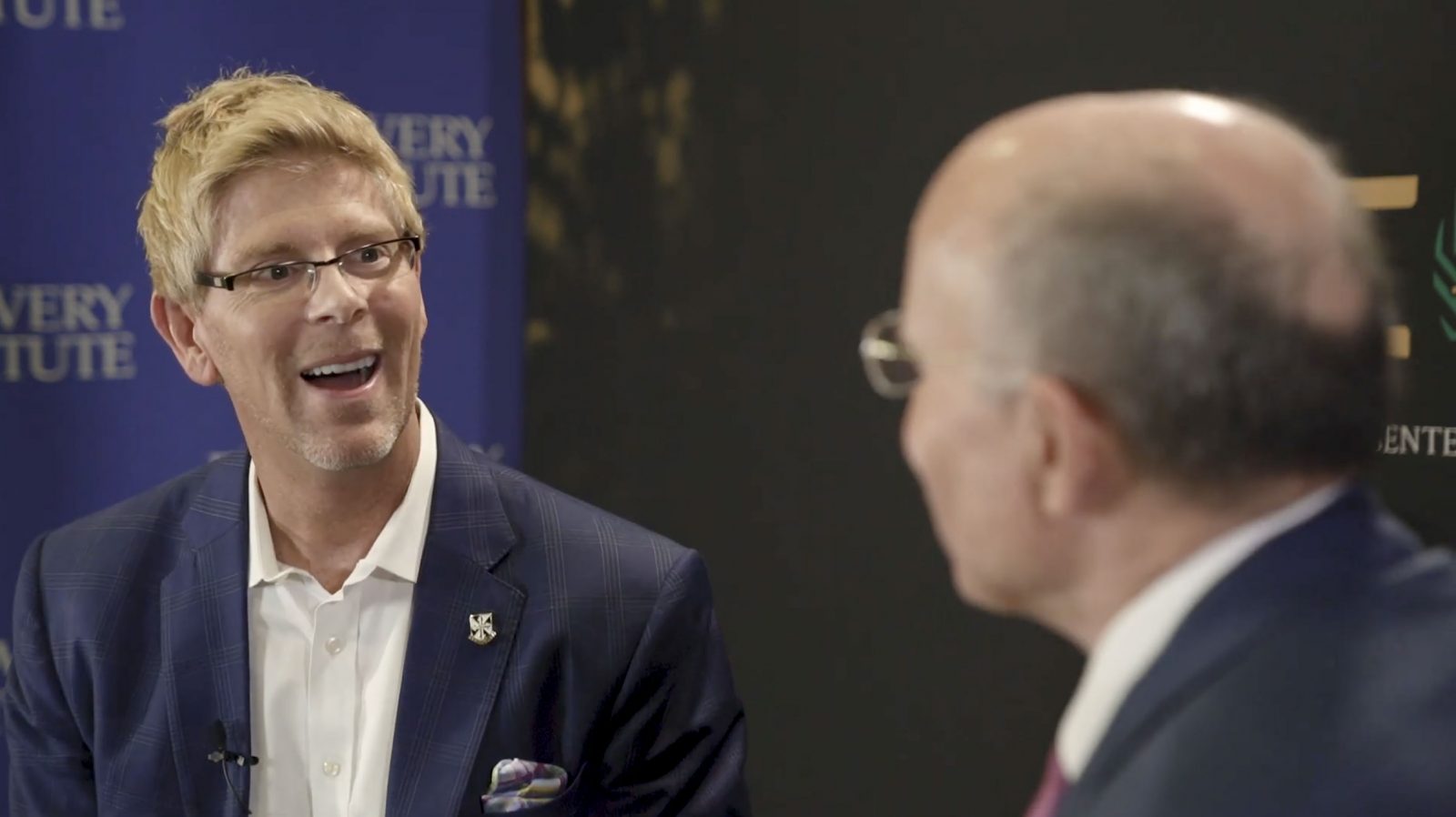


C. S. Lewis’s Prophetic Legacy on Scientism

The Magician’s Twin: C.S. Lewis and the Case Against Scientism, Pt. 2

Jay Richards at COSM Talks Kurzweil and Strong AI
On this episode of ID the Future, Andrew McDiarmid catches up with philosopher Jay Richards at the recent COSM conference in greater Seattle. The two discuss the history of George Gilder’s Telecosm conferences and how the first one gave birth to a book Richards edited and contributed to 18 years ago, Are We Spiritual Machines? Ray Kurzweil vs. the Critics of Strong A.I. Is the “singularity” coming, as Kurzweil argues there and elsewhere, when machines equal and then quickly surpass human intelligence? Does “machine learning” really mean learning? Will “Skynet” wake up? Jay describes Kurzweil’s sunny version of strong AI and the dystopian version. Then he argues the other side, namely that human beings possess something beyond the purely material, Read More ›

Aeschliman Talks C. S. Lewis, The Abolition of Man, and That Hideous Strength

Kissinger and AI, Pt. 2: Jay Richards Presses Pause on the Robot Apocalypse
On this episode of ID the Future, philosopher Jay Richards continues his conversation with host and historian of science Mike Keas about Henry Kissinger’s recent Atlantic article on “The End of the Enlightenment.” In the piece, Kissinger sounds an alarm over artificial intelligence, and raises questions about machine ethics and the possibility that humans may learn we’re not so special after all. Richards, author of the new book The Human Advantage: The Future of American Work In an Age of Smart Machines, pushes back, explaining how we can continue to use artificial intelligence to our advantage, prudently but without fear of the robot apocalypse or of computers becoming conscious and free. No, Richards argues, those qualities cannot be programmed. They are, and will remain, the human advantage.
Read More ›